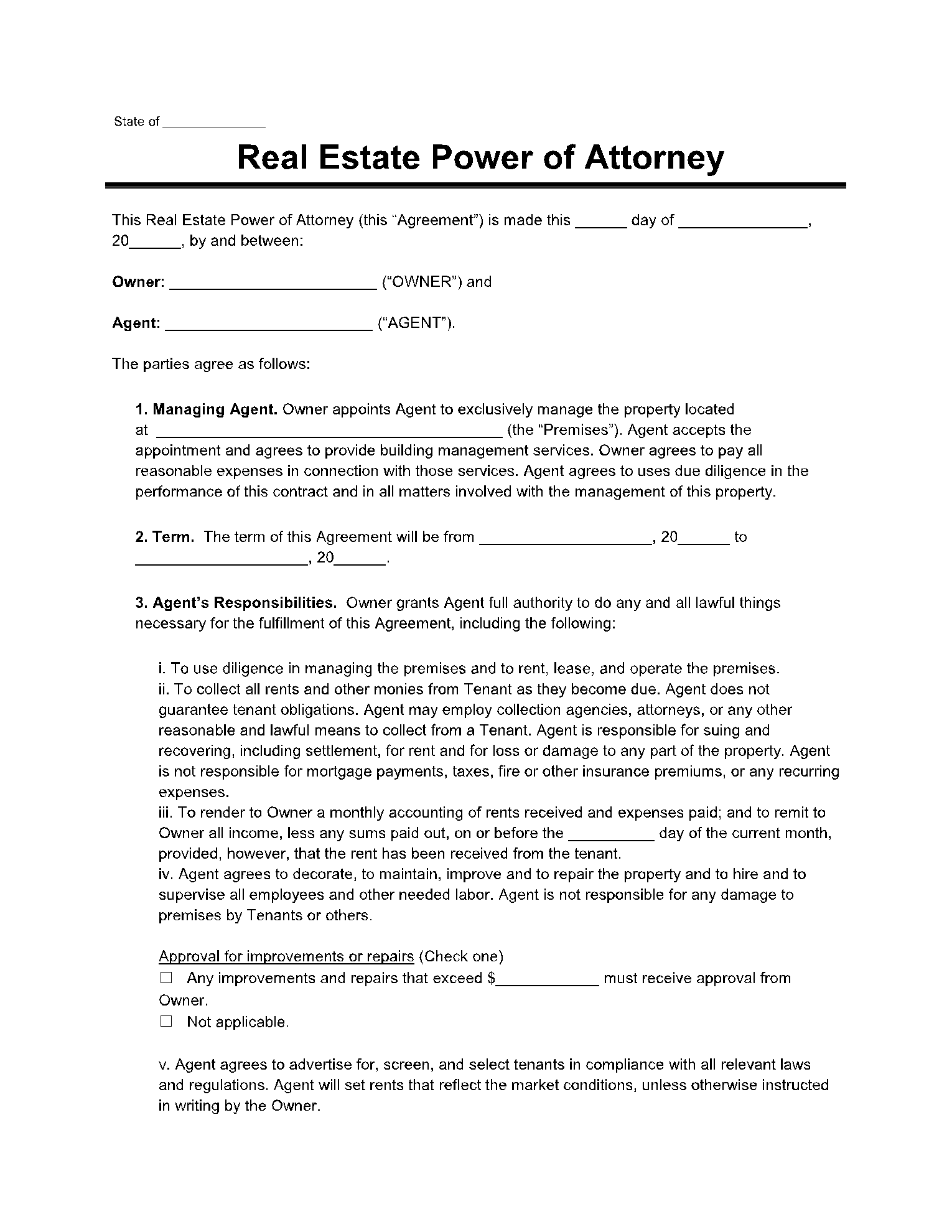Granting a Maryland power of attorney to a trusted family member or friend to act and make decisions on your behalf is a powerful estate planning tool that helps you manage your finances, business, health care, and other designated activities.
Giving someone power of attorney in Maryland over any aspect of your life can be a daunting task. Still, a Maryland power of attorney lawyer can assist you in making an informed decision.
What Is a Maryland Power of Attorney?
The Maryland power of attorney form is a legal document that allows a close friend or family member to act on your behalf. Because the Maryland power of attorney form is such a powerful document, it's critical that whoever you give it is trustworthy.
These power of attorney in Maryland are commonly used by people who want their affairs handled if they get sick or have to leave the country for an extended period of time, but they can be used for various reasons.
What Are the Different Types of Power of Attorney in Maryland?
The nine forms of power of attorney in Maryland are listed below.
- Form for a Durable (Financial) Power of Attorney
This Maryland Durable (Financial) Power of Attorney Form is commonly used in real estate planning. You may want to obtain this form if anything unfortunate occurs and you cannot make a decision. If you are unable to complete the basic POA form, it will become inactive. Nonetheless, this financial form will continue to operate.
- Form of General Power of Attorney
The General Power of Attorney form is commonly used to authorize marriage partners to act on their behalf. If you are not a financial expert, you can choose a family member or friend to help you with your financial problems.
- The medical power of attorney form in Maryland
When you choose someone trustworthy to speak on your behalf, you will use the Maryland Health Care Directive form to set up a Power of Attorney scenario. This allows them to make medical decisions for you when you are unable to communicate with medical professionals.
- Limited (Special) Power of Attorney
Limited Power of Attorney Power of Attorney forms is commonly used to allow another person to speak on your behalf in various situations. It can be used in a variety of conditions and is tailored to your needs. This is the most versatile Power of Attorney, and it will undoubtedly come in handy.
- Form for Minor Child Power of Attorney
The Guardian of Minor Child Power of Attorney form authorizes a trusted relative or friend to act as a guardian for your minor children while you are away. The document would grant the provisional guardian all parental powers, such as educational and health-care responsibilities.
- Form for Revocation Power of Attorney
Revocation powers of Attorney forms are typically chosen if you have already designated a representative but need to relinquish their authority to speak on your behalf. When you need to replace your attorney-in-law, you'll need this Power of Attorney form.
- Form for Real Estate Power of Attorney
This Real Estate Power of Attorney form is a legal document that allows you to name someone to act on your behalf regarding your property. Refinancing, leasing, selling, caring, or renting real estate are some of these options.
- Form for a Tax Power of Attorney
When you need a tax attorney to deal with issues that go through the Department of Finance, you can use the Tax Power of Attorney form. By filling out the form, you give your agent permission to obtain and examine your previously filed taxes. They'll also be able to file taxes and make other financial decisions in your place.
- Power of Attorney for Vehicles
When you decide to appoint someone else to handle matters about your vehicle, you'll need to fill out the Vehicle Power of Attorney form. It's also used to figure out who will speak on your behalf in cases involving the Department of Public Safety's Driver and Vehicle Services Division.
What Are the Rules for Drafting a Power of Attorney in Maryland?
To be valid, a power of attorney Maryland must follow the Maryland Estates and Trusts Article and meet the following requirements:
- The Maryland power of attorney document must include the following information:
- Full contact information
- Signature of the principal-agent(s)
- Date the agreement when it is made
- Powers have given, and when will the powers begin and end
- A notary public must witness the signing of a power of attorney forms Maryland.
- Witnesses are required:
- When notarizing and signing a Maryland power of attorney form, at least two witnesses must be present.
What Is the Significance of Choosing a Maryland Power of Attorney?
Your family does not automatically have access to make decisions for you if you become incapacitated. Without a Maryland power of attorney form, your family may be forced to go through lengthy and complex procedures to make decisions, which could harm both you and your family.
Furthermore, if you do not appoint someone, the court has the authority to appoint someone on your behalf if you become incapacitated and you have no say in who controls your affairs. Power of attorney form in Maryland makes things easier for your family.
Final thoughts
When you need to appoint someone to act as your agent in legal matters, you'll need a Power of Attorney Maryland Form. It is also commonly used to nominate an attorney for minors who need the assistance of a qualified adult or those who are incapacitated and unable to communicate their wishes to healthcare professionals.
